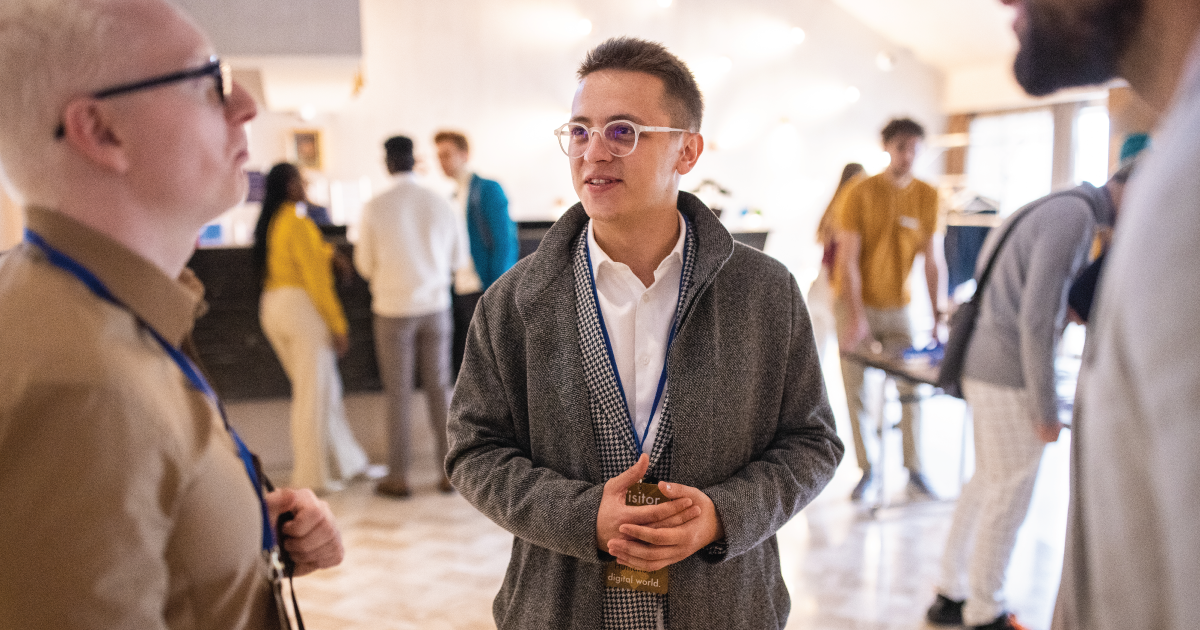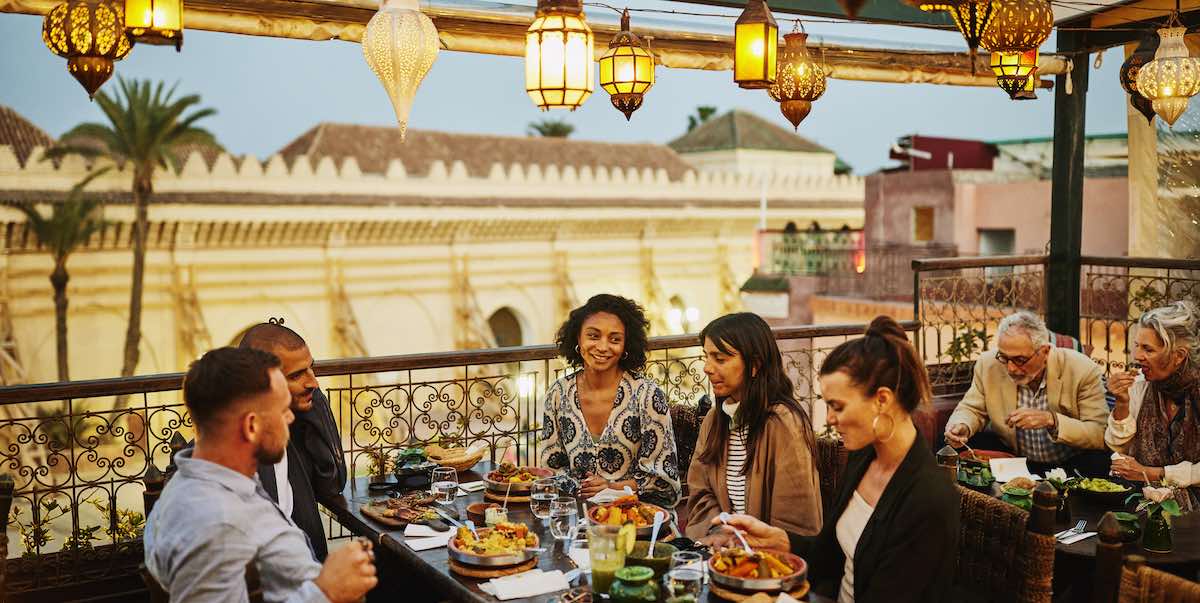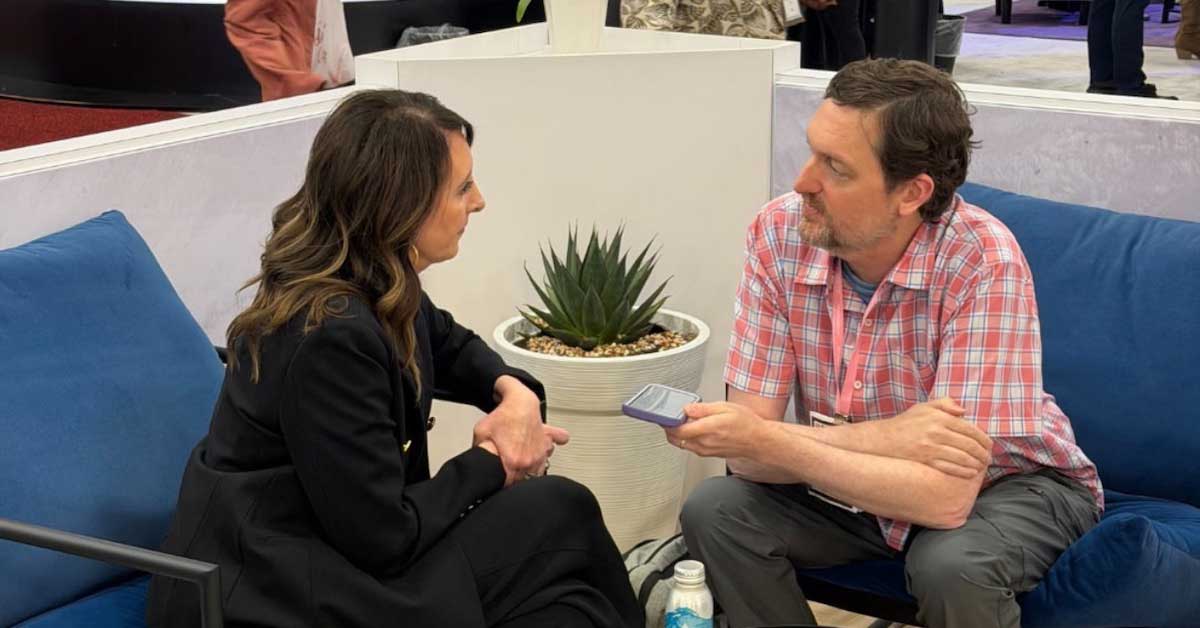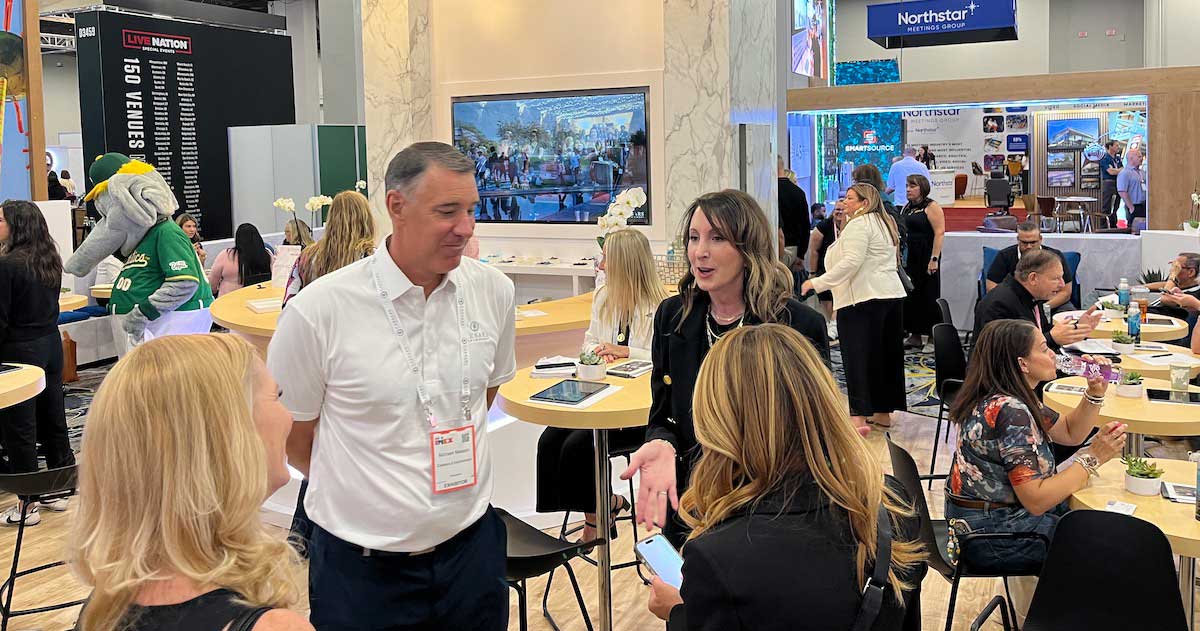Networking has long been a cornerstone of business events, offering opportunities for knowledge exchange, career advancement, strategic alliances, and creating lasting connections. However, the pandemic-induced shift to remote work has significantly transformed the networking landscape. Companies increasingly turn to events to bring together remote teams, making networking an even more vital component of in-person gatherings.
Unsurprisingly, eventgoers point to networking as one of the main reasons they attend conferences, trade shows, and other meetings. In fact, according to a recent study, “Inside the Minds of Event Attendees” by Hanover Research, 52% of people say that networking is a top reason they’ll make the effort to show up.
But old networking methods aren’t going to cut it anymore. As the in-person events industry continues to boom, there is an increased focus on intentionally designing networking. The “Freeman Trends Report Q1 2024” reveals attendees are searching for more meaningful connections. More attendees would rather bond at a meetup with peers facing similar professional challenges and other topics than participate in a speed-dating-style networking session.
Shifting Beyond the Traditional
In addition to recognizing that event attendees are not monolithic (individuals have their own networking preferences based on their personalities), the old templates aren’t going to drive registration. Putting people in a large room with a bar and food stations won’t facilitate connections. Attendees want more. So, gone are the days of forced "networking breaks" and speed-dating sessions (an introvert's nightmare). Meaningful connections now often emerge from peer-to-peer learning and in-depth discussions during breakout sessions.
This shift aligns with the preferences of younger generations, who are more interested in participating in discussions than passively listening to experts. As Ken Holsinger, senior vice president of strategy for Freeman, notes, "Millennials and Gen Z are struggling to catch up quickly with the skills and environment for building the kind of network they need for their careers."
A New Language of Connection
Has “networking” become an off-putting word that carries a dated connotation? Is it, in fact, too old school for younger generations? Some industry experts do argue that the term "networking" itself is outdated, failing to capture the essence of what attendees seek. Adrian Segar, author of "Conferences That Work," suggests focusing on "connection" instead. "Networking is very cold. It's something you need to do to get ahead in business. And my work has always been from a place where fundamentally human beings need connection."
Creating Environments for Connection
To set the stage for meaningful connections, event planners must shift from traditional, transactional gatherings to creating environments conducive to human interaction. This involves careful consideration of several factors:
- Venue Selection: Choose venues that promote engagement and comfort.
- Session Formats: Offer a variety of session formats, including interactive workshops, panel discussions, and roundtables.
- Interactive Activities: Incorporate activities encouraging mingling and conversation, such as icebreakers, networking receptions, and social events.
- Technology Integration: Use the best technology to facilitate connections, such as event apps, social media integration, and virtual networking platforms.
Beyond the Event:
Successful networking doesn't end when the event concludes. Event organizers should provide attendees with tools and resources to maintain and build upon their connections. This might include follow-up emails, online communities, or opportunities for continued engagement.
Conclusion:
As the events industry continues to evolve, the importance of meaningful connections remains a constant. By embracing a new approach to networking that focuses on human connection, personalized experiences, and innovative strategies, event planners can create gatherings that truly drive value for attendees.
Want to learn more? Download the Skift Meetings report: “Networking by Design: Crafting Events for Meaningful Connection” and set your new strategies for your next big event.







